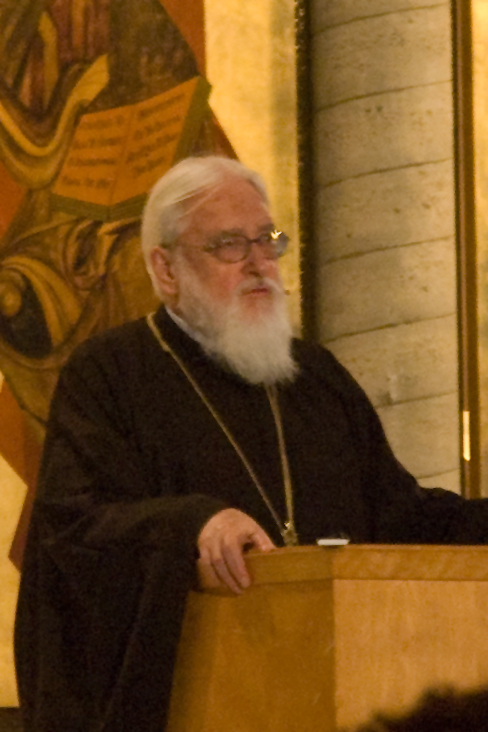Father Ivan Karageorgiev recently interviewed Bishop Kallistos (Ware) on his speritual journey. The interview was published in French in the periodical Unité des chrétiens (n°190, avril 2018). Please find here an English translation of that interview. Part 1 Part 2: My ecumenical commitment has mainly its roots in my teaching ministry. The latter allowed me to understand that the Church is fundamentally a Eucharistic society. What can the Church do that no
Interview with Metropolitan Kallistos (Ware), Orthodox theologian and patrologist – Part 2
